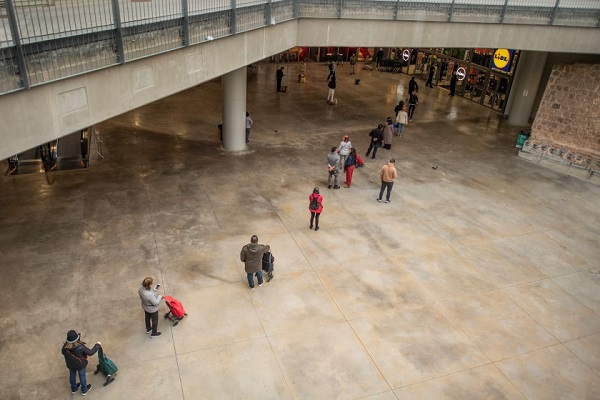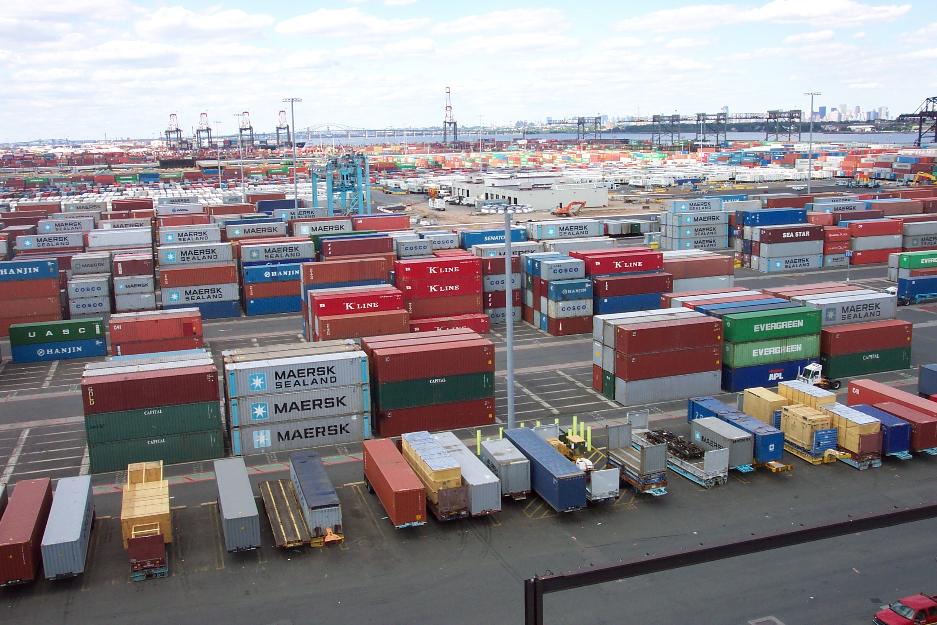ON THE SPOT MANAGER
Managing Social Distancing: Health And Economic Implications

In the face of increasingly widespread of COVID-19 pandemic, Nigeria with population of over 200 million people gradually easing down the lockdown in the country after five weeks of lockdown in the country.
The coronavirus brought life to a near standstill, shutting down businesses, canceling large gatherings, and keeping people at home.
Easing the lockdown would require high level compliance to social distancing by citizens as it would be a blunder that with major consequences if there be continued rise in the number of cases of COVID-19 as witnessed recently in the country.
Staying out of crowded places, avoiding mass gatherings, cleaning the hands regularly with an alcohol-based sanitizers, or washing them with soap and water should be a daily life routine.
Since people can spread the virus before they know they are sick, it is important to stay away from others when possible, even if you have no symptoms.
There is also the need to understand the challenges and economic impact that of adhering to the social distance directive.
For instance, Lagos known as center for commercial activities in Africa, with the large population in the state populated by people coming from different places within and outside the state and different parts of the world for business engagements.
The Lagos State Government rolled out guidelines on how commercial buses are to operate within the state, making known that all public buses should be 60 per cent capacity (i.e for buses, one passenger with driver in front seat, two passengers on the back rows each and two passengers for tricycle).
The question that comes in mind is who pays for the vacant seat if not the passengers as the remaining 40 percent will definitely be spread to other passengers in the bus with still the same income in salary. This simply translate to hike in transportation making life unbearable for citizens.
There is need for relevant questions to be asked, with the guidelines can a state like Lagos with it large capacity monitor the effectiveness of the social distance.
What will be the fate of managing social distance in a populated state like Lagos where it is known for it overloading activities of goods and persons, this moment will really be a tough time to deal with following the social distance directive.
Despite the clamour for the lift of the lockdown, getting the government to make gradual ease was a fair option as survival has been difficult with the failure on the part of the government for the disbursement of the COVID-19 palliatives and economic challenges posed by the virus.
The economic downturn is on a rise, there is need to save the economy and also stay home to stay safe. There would be slow pace to get the economy working again as job security cannot be guaranteed with massive loss recorded in every sphere of the economy since the beginning of the COVID-19 pandemic.
Businesses that can’t do without social gatherings such as; bars, hotels, banks cinemas, malls etc how do their businesses survive with the continuous lockdown, the government directive on easing the lockdown do not go well with this business owners as they keep recording huge loss in business at this critical time, what then is the fate of the business owners and staffs.
The fear of job loss is gradually becoming a reality as the restrictions on certain businesses will tell on the economy as employers of labour too are beginning to measure up with how much they need human presence in their organization.
The government needs to be proactive and think outside the box to save the nation’s economy, save jobs and help businesses to survive at this time so as not to witness any further negative impact on the economy and citizens.





